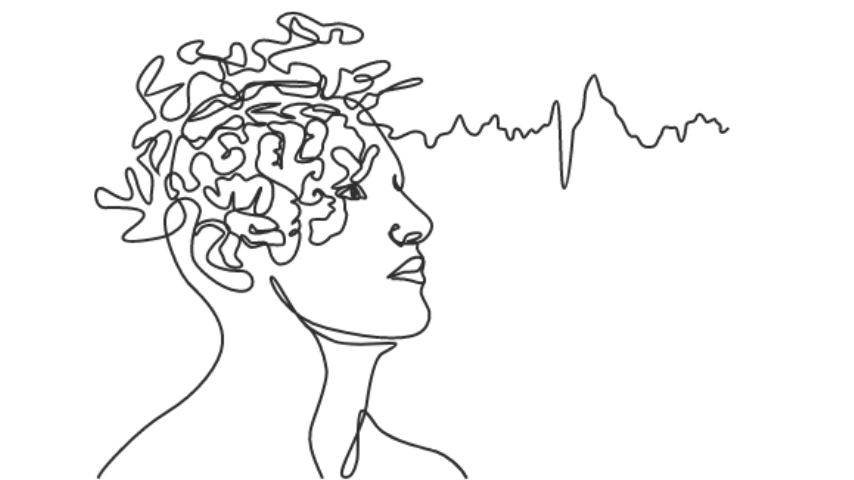Neurocognitive disorders
Over time, the brain ages and adapts as best it can to the changes caused by this aging. Unfortunately, in some people, a disease can develop that affects one or more cognitive abilities. Difficulties then arise in the individual’s functioning, including sometimes unusual behaviours, which can interfere with their ability to carry out daily activities and, eventually, care for themself. These are potential signs of a neurocognitive disorder (NCD) and indicate that assessment by a professional is needed.
NCD is a set of symptoms caused by a brain disease that is typically irreversible. It is characterized by a decline or impairment in one or more cognitive abilities leading to changes in behaviour, personality and/or mood.

At times, you may feel as if you no longer recognize your loved one:
- My mother has completely lost interest in gardening, an activity she used to love!
- My grandmother, who used to cook a lot, has stopped because she says she’s too tired.
- My grandfather used to love telling jokes but now he no longer takes part in our conversations.
NCD can be mild or severe depending on how advanced the disease is. When mild, the person can still carry out daily activities independently despite some decline in certain cognitive abilities. For example, they may be able to cook familiar meals but struggle to follow a new recipe. By contrast, major NCD is associated with a significant loss of autonomy. The individual may no longer be able to manage their finances, run errands, drive, or take care of basic hygiene.
NCD in numbers
65
The risk of developing Alzheimer’s doubles every five years after the age of 65.
600 000
The estimated number of people currently living with a neurocognitive disorder in Canada.
1 700 000
The estimated number of people who will be living with a neurocognitive disorder in Canada in 2050.
Is this normal?
Normal senior behaviour |
Behaviour to keep an eye on |
|---|---|
|
Sometimes forgets names, appointments, topics of conversation, grocery items, etc. |
Has frequent and unpredictable mood changes |
|
Misplaces keys, personal belongings, etc. |
Shows increased stress, anxiety or excessive fear |
|
Feels tired and less motivated |
Has lost interest in activities they previously enjoyed |
|
Needs help making complex financial decisions or when dealing with the unexpected |
Displays strange or worrying new behaviours |
|
Experiences occasional mild mood swings |
Has difficulty expressing themself or finding the right words |
|
Has problems concentrating and occasionally loses focus |
Can’t remember recent conversations |
Video capsules
(Our videos are only in French)